
Student's Comment on the PURE Campaign at KDI School
- Date 2021-12-17 06:25
- CategoryStory
- Hit1200
Greetings! Could you please tell us about yourself and a fun fact about you?
Hello, my name is Dewangga Tesa Widya, and I am from Indonesia. I am a 2021 spring MPP student. I like to play the piano and have an interest in photography, especially photography taken using a mobile phone. In my last semester at KDIS, I hope to participate in many events offered by the KDIS with my friends here. This would be such a memorable experience for me.
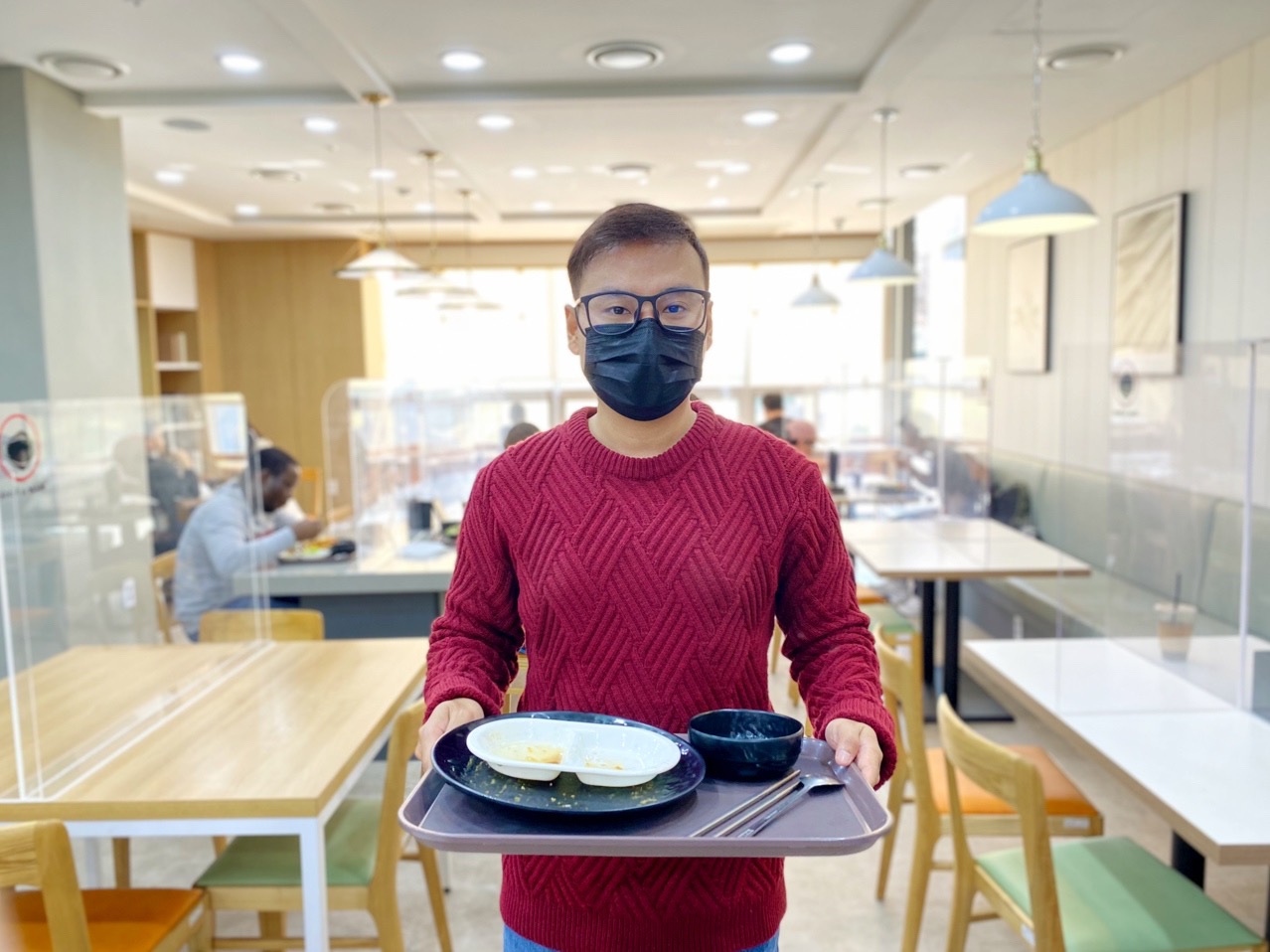
Our School has began the PURE (Precycling-Upcycling-Recycling-Education) Campaign. What are your thoughts about this campaign, and how have you been participating in it?
I think the Pure Campaign serves as a good way to begin educating people about the habits of going green. Through this campaign, we can become aware that by doing simple everyday things (such as not using excessive tissues, single-use plastic cups, etc.), we are indirectly helping to protect the environment. For example, if 100 people take on these good habits, the impact will be very positive.
I decided to get involved with the campaign because I realized that I myself am far from successfully going green in my daily life. Therefore, by participating in this campaign, I am challenging myself to be better and trying to influence my friends to do so as well.
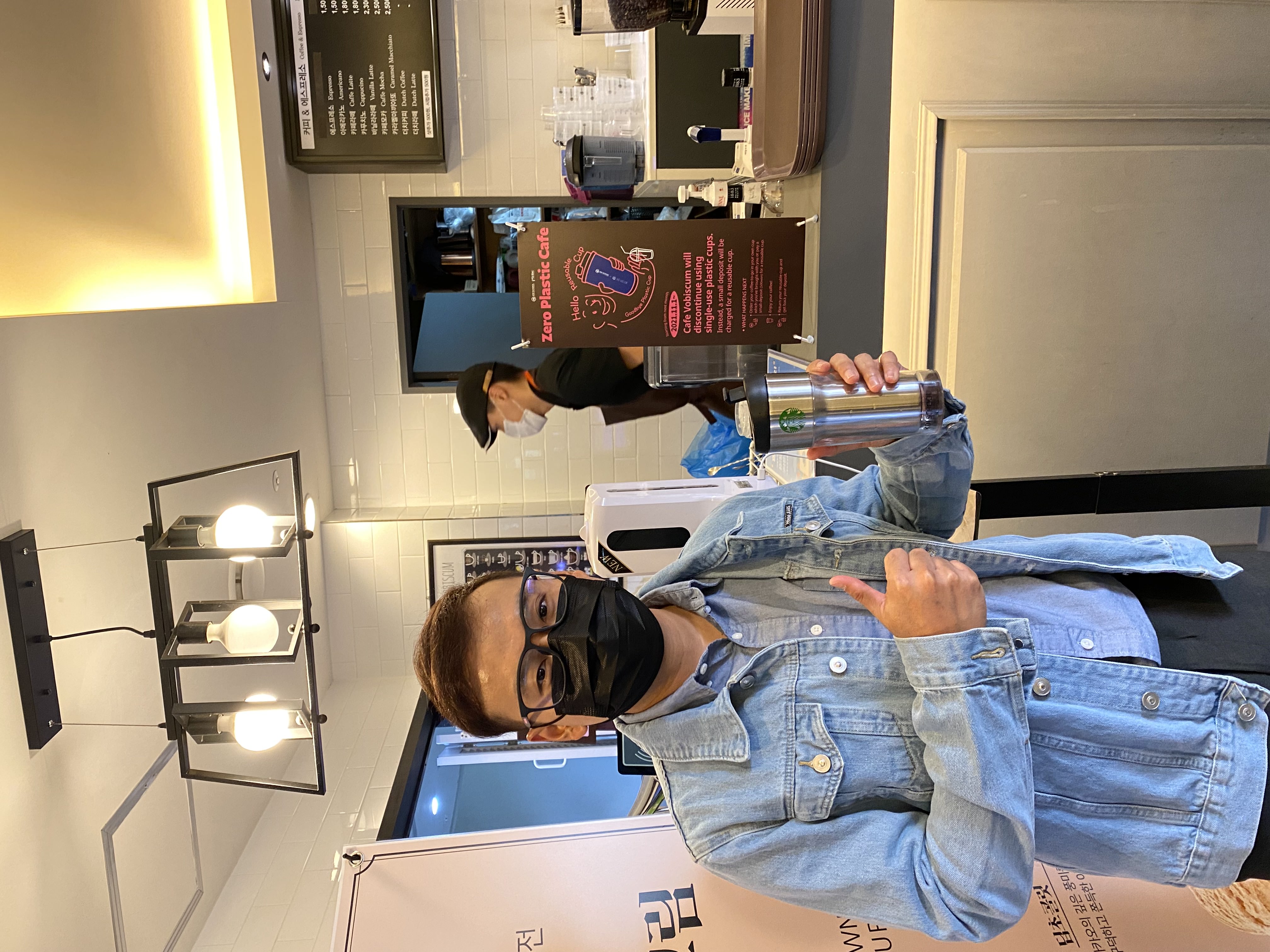
You actively participated in the PURE 10-day challenge. How did the challenge affect your habits? Which day was the most challenging?
This challenge has, in general, transformed my daily habits to be more environmentally friendly, since I now frequently bring my tumbler to collect water while on campus, and I no longer ask for bongtu (plastic) when shopping.
The most challenging day was probably the last day or the “no meat day” challenge, because I did not know how I could participate in that. To be honest, I had difficulty determining what foods were classified as “meat." To me, "no meat" means to be vegan for the day, because even fish and chicken are considered to be meat (in Korean, we say “gogi” – that is, Ddakk gogi, or chicken, and Mul gogi, or fish).
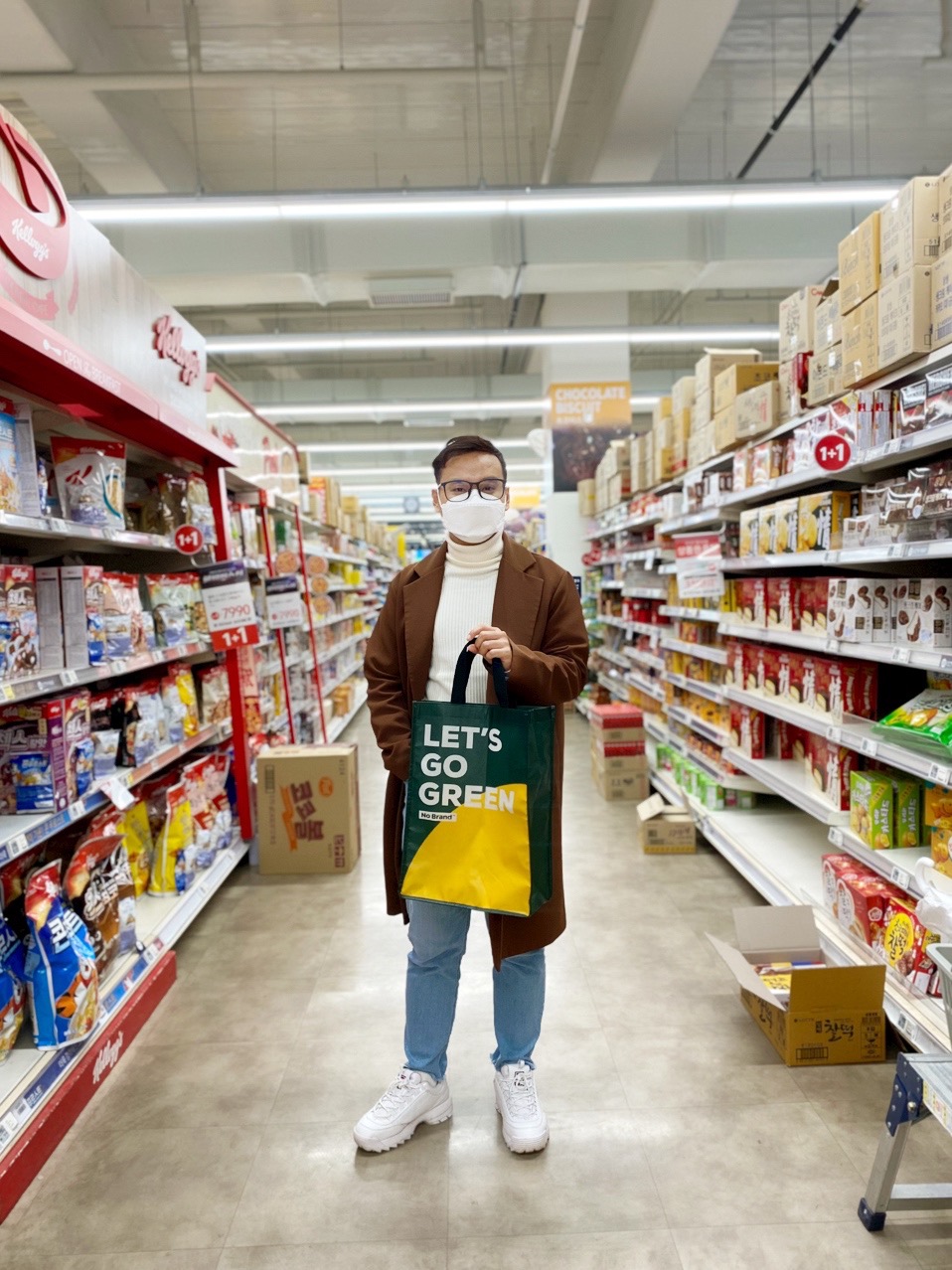
What are simple things we can do to help protect the Earth? How can we become more responsible for the environment?
I believe we can begin to shop wisely, such as using only a single plastic bag whenever we go shopping. This is a simple change but would have a significant impact. After all, over the course of a week, we likely going shopping dozens of times and could thus drastically reduce our plastic bag usage.
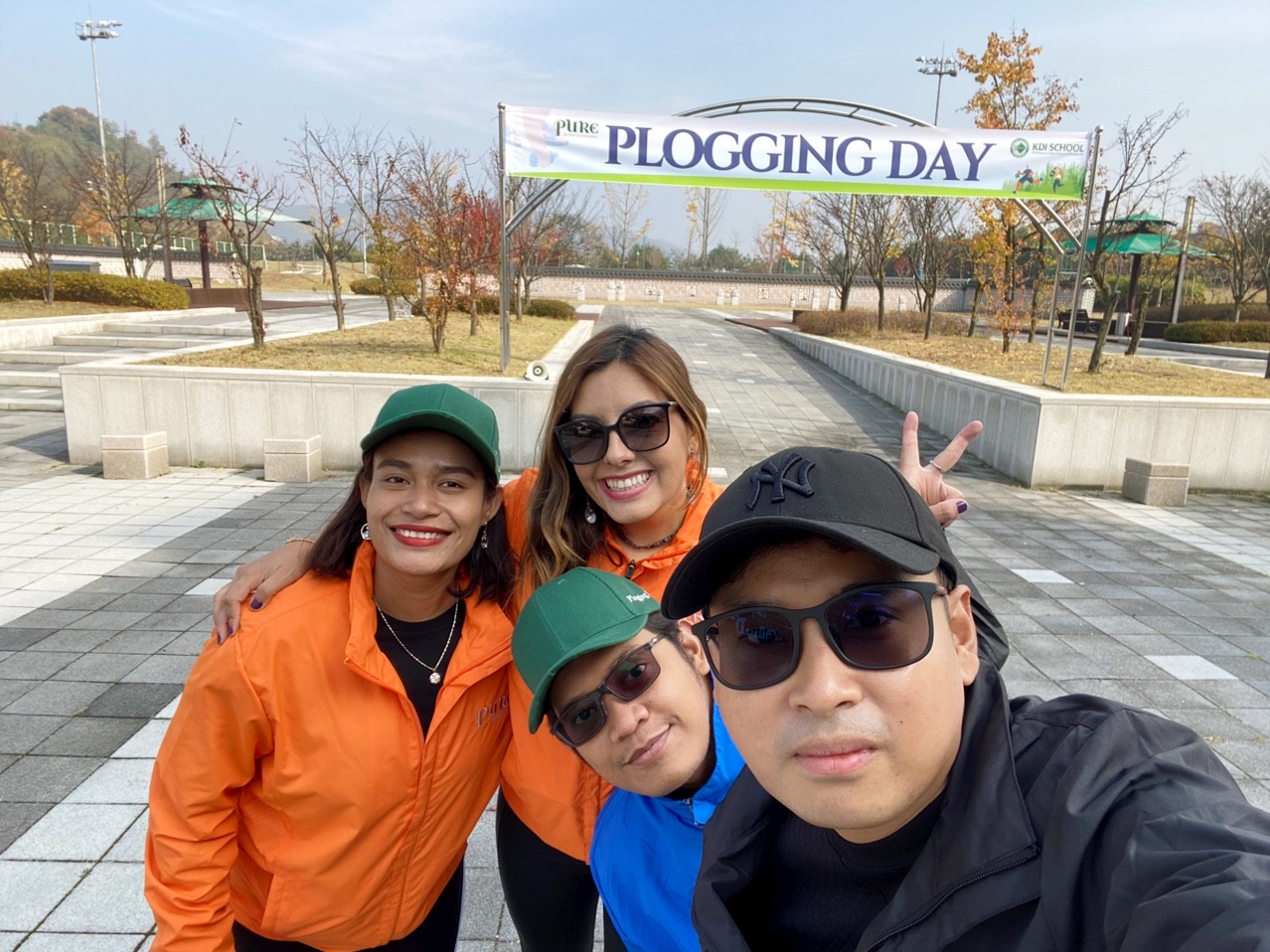
How can we address our environmental issues? What can the government do to protect the environment?
Change can begin with close at hand, with family, and close friends, and then expand to the larger community as a whole. The implementation of numerous government initiatives aimed at protecting the environment would be counterproductive without participation from the communities.
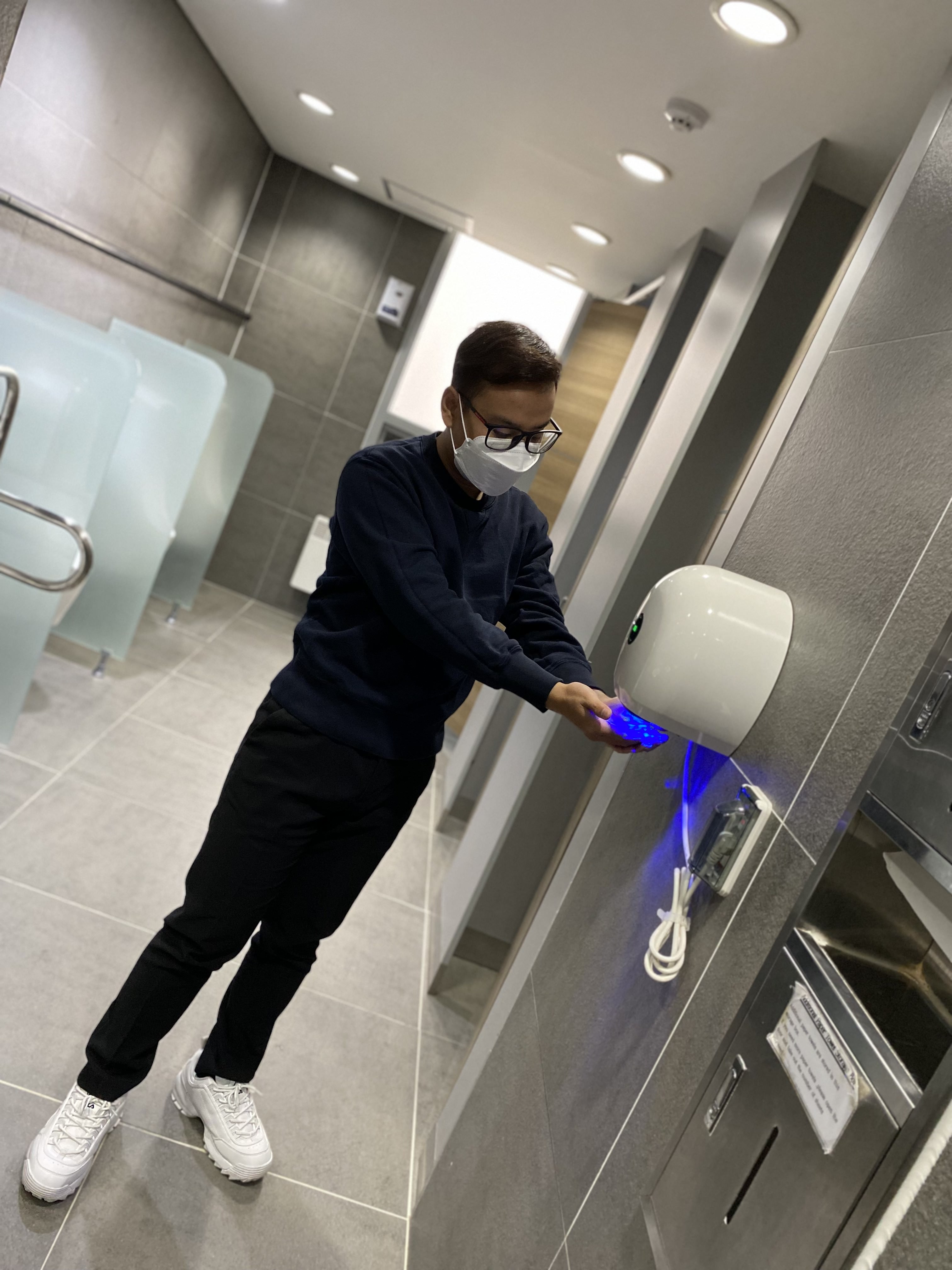
What will happen if we do not protect the environment?
Overall, nature and the environment are critical to human life. Of course, it is our responsibility to protect and preserve the environment so that it can continue to provide benefits to our future generations. Nature will be damaged if we merely take advantage of it without considering how to regenerate it or make it sustainable. Food shortages, landslides, floods, droughts, and other natural disasters will surely endanger the lives of our future generations.

Many thanks for your time and participation in this interview. We can help save our planet by taking small steps in our daily lives. What would you like to advise our readers?
We can begin by making positive changes ourselves and then inspire others to do the same. In this context, we can begin to go green.
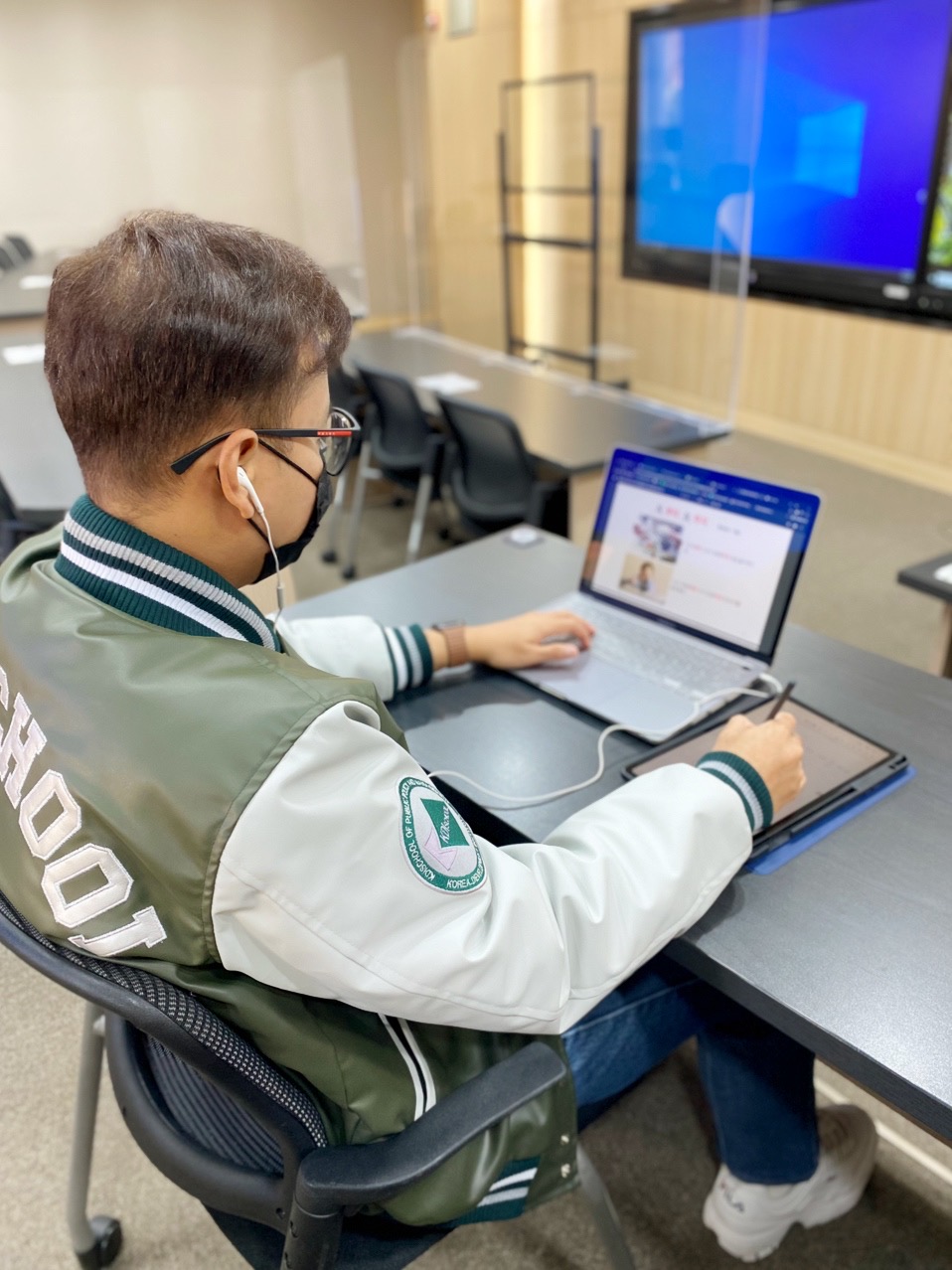
Related News
-
Research and Education1 day ago
Republic of Korea Economic Bulletin, May 2024#KDI #Economic #KDISCHOOL #kdischool #Economic Bulletin #Research
-
Story15 days ago
KDIS Health Focus: A Day in the Life of Nurse Kim -
Story18 days ago
Bringing Classroom Lessons to Life: Immersing in Korea's Economic Development Journey on the Spring Semester Field Trip
